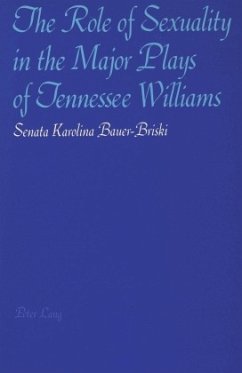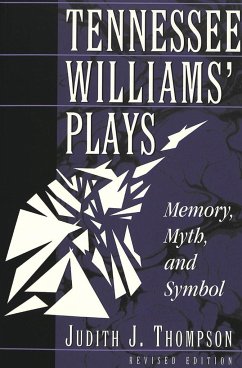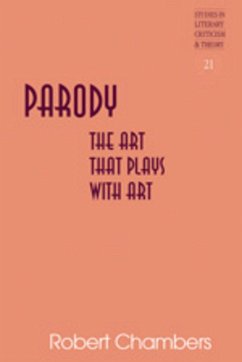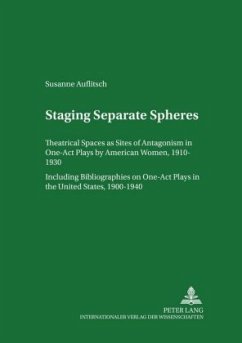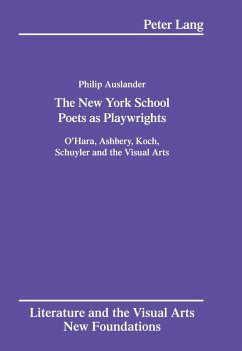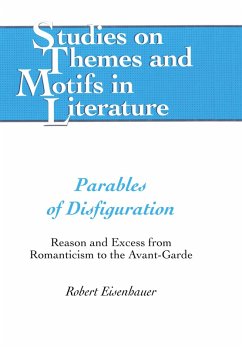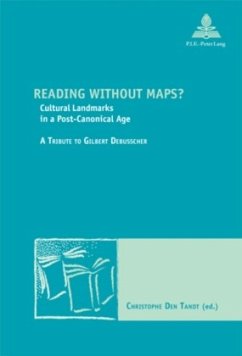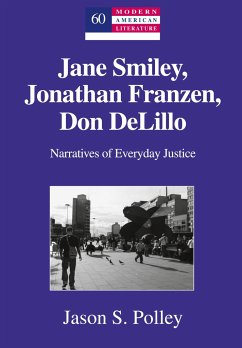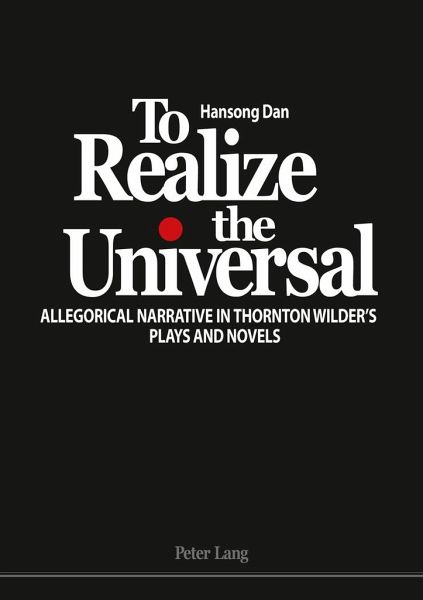
To Realize the Universal
Allegorical Narrative in Thornton Wilder's Plays and Novels
Versandkostenfrei!
Versandfertig in 6-10 Tagen
73,25 €
inkl. MwSt.

PAYBACK Punkte
0 °P sammeln!
By mapping the contour of Thornton Wilder's major plays and novels, this book offers a fresh reading of his deceptively unfashionable art of allegorical narrative, and aims to reaffirm Malcolm Cowley's perspicacious judgment: "(Wilder is) one of the toughest and most complicated minds in contemporary America." After a review of the history and scholarship of allegory, the author chronologically traces Wilder's extensive, complex and resilient engagement with allegory, a genre employed not only for literary manifestation but for philosophical inquiry. Moving expertly from Wilder's early religio...
By mapping the contour of Thornton Wilder's major plays and novels, this book offers a fresh reading of his deceptively unfashionable art of allegorical narrative, and aims to reaffirm Malcolm Cowley's perspicacious judgment: "(Wilder is) one of the toughest and most complicated minds in contemporary America." After a review of the history and scholarship of allegory, the author chronologically traces Wilder's extensive, complex and resilient engagement with allegory, a genre employed not only for literary manifestation but for philosophical inquiry. Moving expertly from Wilder's early religious playlets through his Pulitzerwinning fictions and plays to his largely obscure late writings, this study reveals that allegory and Wilder studies are two mutually illuminating topics. What distinguishes Wilder from other modern allegorists is not only his self-reflexive shuttling between the novel and the drama, but his tenacious persistence on pressing for the sublime universality of ourmundane experiences in a postsacral world. Overturning the common characterization of Wilder as a preachy voice of Puritan religiosity, this book argues for the centrality of ambiguity that produces nuanced meanings in Wilder's allegorical narratives.






